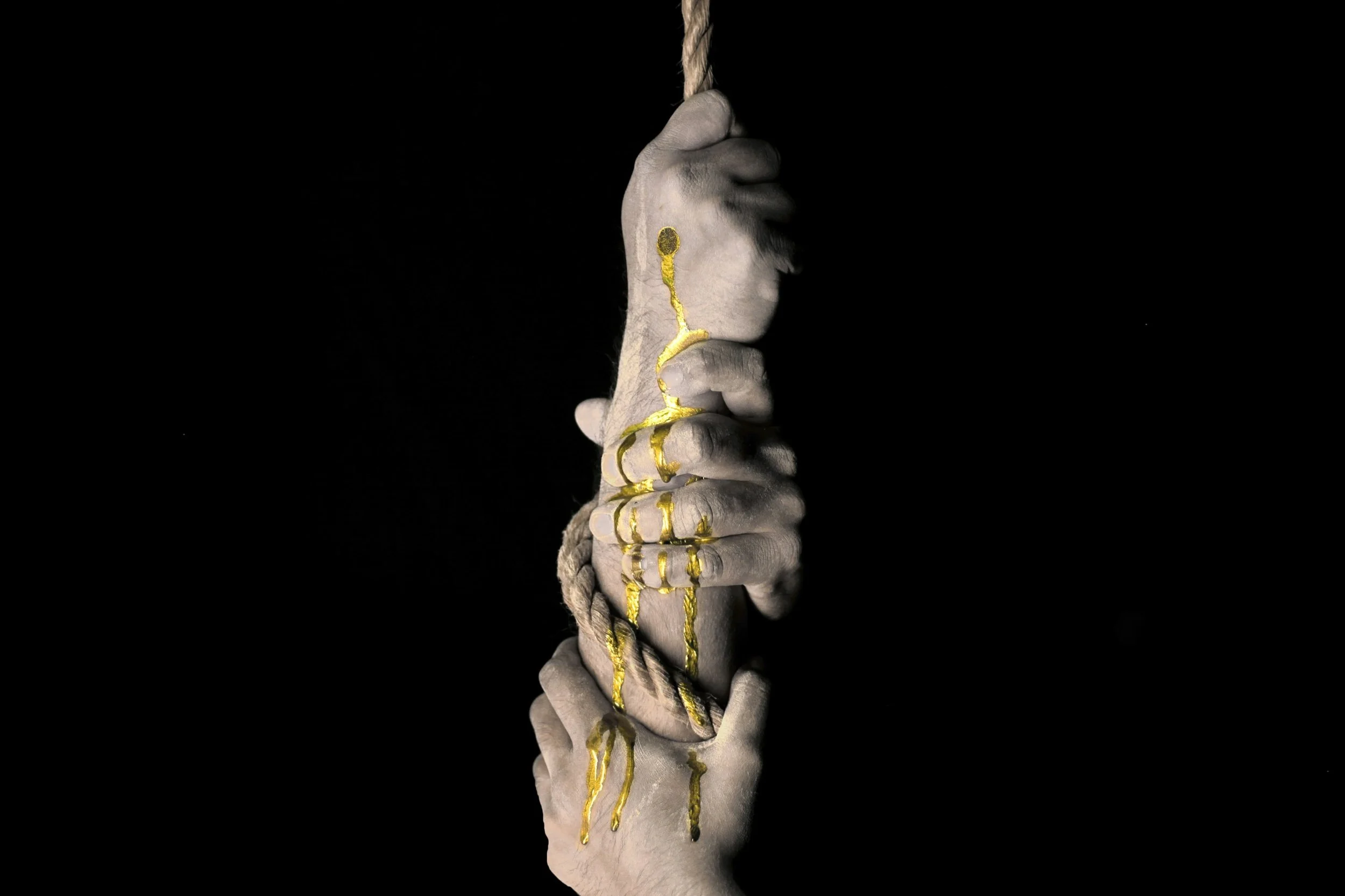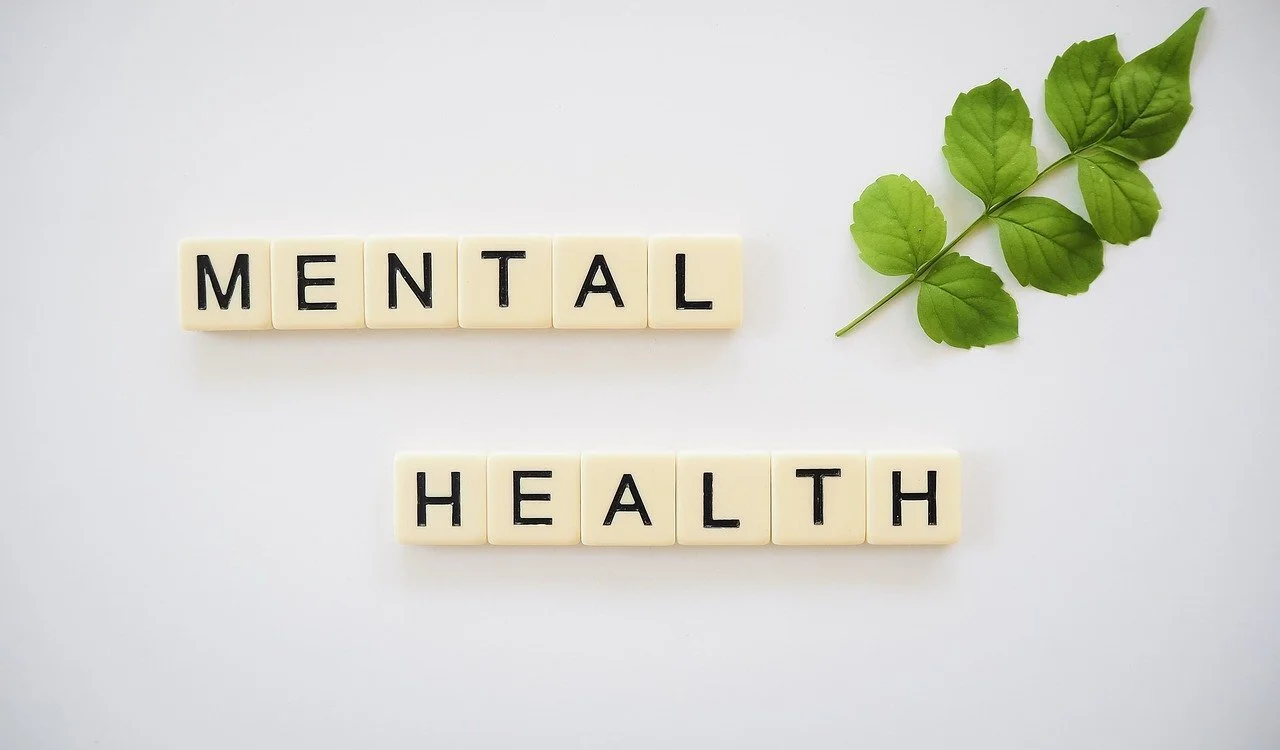Coping with recurrent grief
I am sad to say that this week, I learnt of the death by suicide of an old friend. I have now lost 4 people close to me to mental illness since my first hospital admission 13 years ago, and I’m still in my thirties.
I wanted to write a piece about coping with the recurrent grief and trauma of losing friends that people with mental illness are often subjected to.
The fact is, those people with severe mental illness who have met others in similar positions to themselves during hospital admissions or different forms of community treatment, are likely to lose more friends than the average person purely because of that association. Some might say it’s to be expected, if you hang out with people who are seriously mentally ill, sooner or later you can expect one of them to die from their illness.
In fact, I have been told just that. And yes, in some ways it’s true. 70% people with BPD / EUPD attempt suicide and 10% complete it. What’s more, the sensitive and empathetic nature of those with this illness means we are more likely to recognise that extreme distress in others and want to help. That’s what pulls us together, helps us become friends.
What I want to talk about though is that just because it’s to be expected, it doesn’t make the deaths, or the grief, easier to deal with. People with EUPD aren’t immune to the grief associated with a death by suicide, just as those with eating disorders aren’t immune to losing someone due to heart failure or other physical complications, or those addicted to drugs aren’t immune to the death of a friend who used and accidentally overdosed. A death is a death and a death from a mental illness is just as difficult to bear for someone with that same illness as it is for someone with a physical illness. No one would dream of saying to a cancer survivor “oh well, that’s what happens I guess” if they lost a friend they made during chemo, to the disease. Why then is there some kind of implied accountability for people who die for mental health reasons?
In addition to this, it is often overlooked that the grief caused by the death of a friend to a mental illness that you also have, is compounded each and every time you lose someone.
Being in the club of survivors is immensely difficult. Not only do you have all the anger, guilt and sadness that comes with grief naturally but you can also feel abandoned, let down and terrified that ultimately you will be left alone. The group of survivors is only ever the current group of survivors – you never know who will be lost next and that fear is real. It doesn’t stop there though. Fearing, and feeling, that abandonment makes you feel more guilty and reinforces the grief cycle further.
Something else to mention is that the death of someone to mental illness is often traumatic. That trauma can be passed on to those left behind when they discover what happened and can often trigger memories, thoughts or feelings of times when they felt that desperate. Every time I hear of the death of a friend, it takes me back to my own suicide attempts and the horror related to them. It also makes me wonder whether this will be my fate. Am I living on borrowed time, believing I am getting better but ultimately going to end up a victim of my own mental illness?
All of this adds deep levels of complexity to a grief that, in any other circumstances, would be met with great deals of sympathy. Why then, do I feel like the majority of people who I have shared my losses with just expect me to get on with it - after all it was to be expected?
To all those people with BPD / EUPD, or any other severe mental illness, who have lost someone, or multiple people to that illness; I get it. I know how hard it is to bear, how complex the feelings you are experiencing are. It’s not something that’s “just to be expected”, that you just have to “get over”. Each and every death to mental illness is a tragedy and watching on as those you care about slowly disappear is incredibly difficult.
What I haven’t mentioned yet is the despair you can feel when this happens that leads you to want to give up. That is very real too.
But that energy can also be directed in the opposite direction – not towards giving up but rather towards striving harder for your own survival. This can be hard to grasp in the depths of grief but it is what has kept me going this far since I believe it is what my friends would want and also the only way I can keep fighting for change.
If this post has spoken to you, please keep striving for your own survival - you deserve it.





